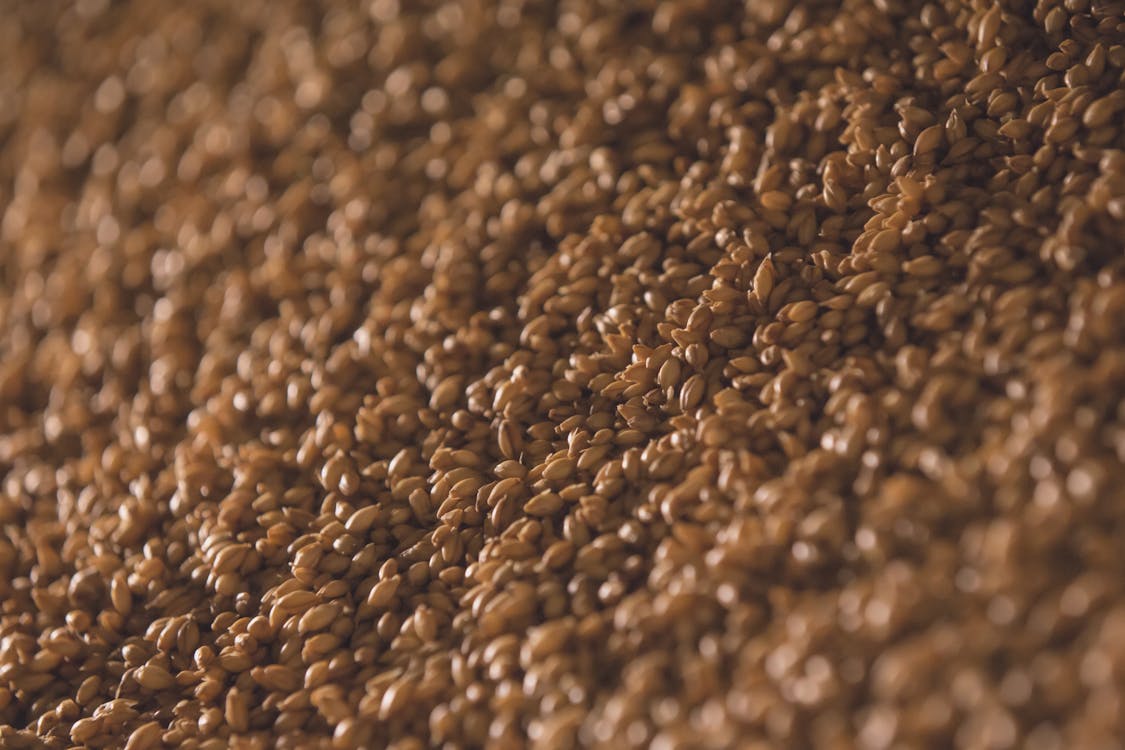Beer, one of the oldest and most beloved beverages known to mankind, is steeped in history, culture, and craftsmanship. From its origins in the heart of ancient civilizations, the story of beer weaves a fascinating tale across the ages and landscapes of human existence. Let’s check out the origins of beer and its production principles together.

Origin of Beer
The origins of beer date back thousands of years, originating in ancient Mesopotamia around 5,000 to 7,000 BC. The primitive form of beer was created by soaking grains in water and naturally fermenting them with wild yeast.
The earliest evidence for beer comes from archaeological discoveries in Iran and Israel dating back to around 3,500 BC, where remains of ancient pottery used for brewing beer were discovered.
Beer was not only consumed for its taste, but it also played an important cultural, religious, and social role in many ancient societies. Beer was consumed in religious ceremonies, used as a form of currency, and was considered a necessity of daily life.
As civilization developed, beer production became more refined and systematic. The ancient Sumerians, Egyptians, and later European civilizations such as the Greeks and Romans all had their own unique brewing techniques. These early brewers experimented with different ingredients and methods, gradually improving the brewing process.
Over time, beer spread around the world and developed into the many styles and flavors we know today. From the monastery breweries of medieval Europe to the modern craft beer revolution, beer has remained a beloved beverage enjoyed by people from a variety of cultures and backgrounds.

Beer production principles
Beer is made through a process called brewing, which involves several key steps. Although brewing techniques vary depending on the type of beer being produced and the brewer's preferences, the basic steps remain consistent. A brief overview of the beer brewing process is as follows.
1. Malting: The process begins with barley grains, although other grains such as wheat, rye, and oats can also be used. Germination begins when grains are soaked in water, and germination stops when dried in a kiln. This process is known as malting and converts the starches in the grain into fermentable sugars.
2. Mashing: Malt grains are ground and mixed with hot water in a process called mashing. This mixture, known as mash, is kept at a specific temperature (usually around 60 degrees Celsius or 158 degrees Fahrenheit) for a specific period of time. During this period, enzymes present in the malt convert the starch into fermentable sugars.
3. Lautering: After mashing, the liquid portion of the mash, now called wort, is separated from the solid grains through a process called filtration. The wort is drained from the mash tun and the spent grains are left behind.
4. Boiling: Transfer the wort to a kettle and bring to a boil. During the boil, hops, the flowers of the hop plant, are added. Hops contribute to the bitterness, taste, and aroma of beer. The boiling process also helps sterilize the wort, remove various compounds, and concentrate the flavor.
5. Cooling: After boiling, the wort is cooled to a temperature suitable for fermentation. This is done by using a heat exchanger or by transferring the wort to a separate vessel and allowing it to cool naturally.
6. Fermentation: Once the wort has cooled, transfer it to a fermentation vessel and add yeast. Yeast is a microorganism that consumes the sugars in the wort and produces alcohol and carbon dioxide as by-products. Fermentation typically takes place over several days to several weeks, depending on the style of beer and desired characteristics.
7. Conditioning: After fermentation is complete, the beer may undergo additional conditioning to develop flavor and character. This may include aging the beer for a period of time, adding hops or other flavorings, or adding carbonation to the beer.
8. Packaging: Finally, the finished beer is packaged for distribution and consumption. Depending on the brewery's preference and each market, beer is placed in bottles or cans, sealed, and then delivered.
Meticulous attention to detail and adherence to quality control throughout the brewing process are essential to producing high-quality beer. Additionally, by testing various ingredients, technologies, and fermentation conditions, we can create a variety of new beers with unique tastes and characteristics.
Thank you :)